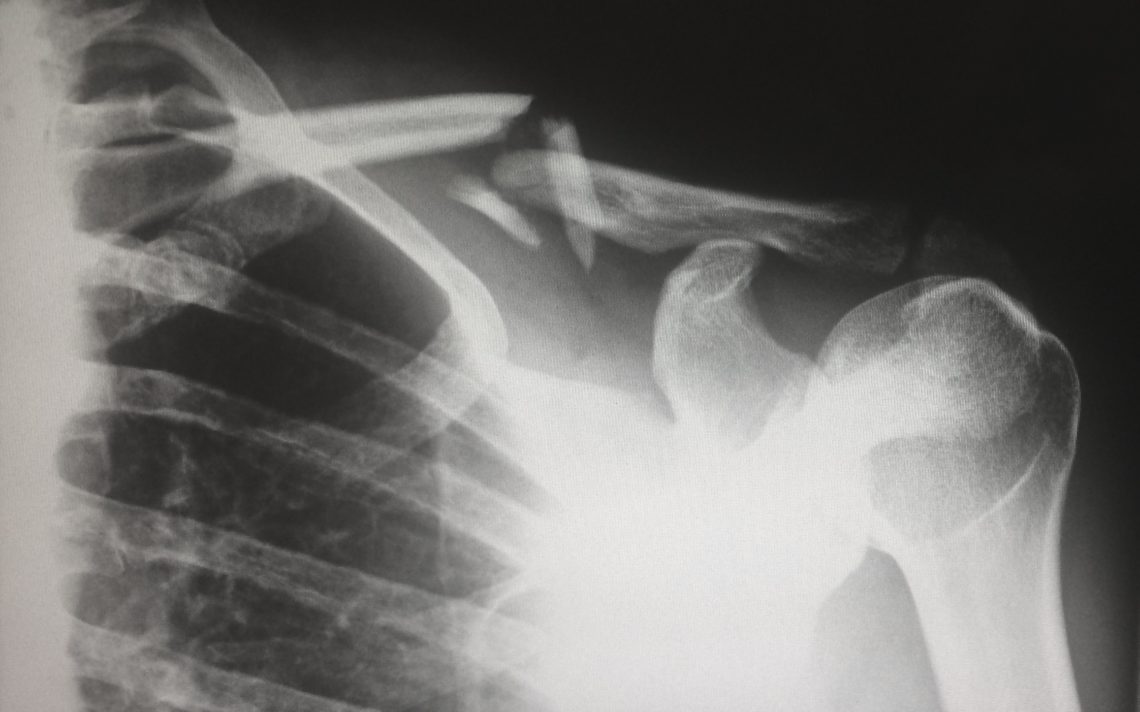-
13 Reasons Why

Following the Netflix release of 13 Reasons Why in 2017, many mental health, suicide prevention, and education experts from around the world expressed a common concern about the series’ graphic content and portrayal of difficult issues facing youth. Resources and tools to address these concerns were quickly and widely disseminated in an effort to help parents, educators, clinical professionals and other adults engage in conversations with youth about the themes found in the show.
-
13 Ways to Overcome Travel Anxiety

The summer travel season is just kicking off. Scores of tourists are excitedly packing their luggage and consulting websites or glossy brochures as they anticipate their upcoming vacations. While the idea of seeing new places or relaxing in cozy, familiar locations is appealing to most people, there are those who find the whole idea of travel frightening. It’s hard to get excited about new adventures when the mere thought of taking a trip brings up travel anxiety.
-
Signs You May be a Hypochondriac

A hypochondriac is someone who lives with the fear that they have a serious, but undiagnosed medical condition, even though diagnostic tests show there is nothing wrong with them. Hypochondriacs experience extreme anxiety from the bodily responses most people take for granted. For example, they may be convinced that something as simple as a sneeze is the sign they have a horrible disease.
-
How Social Anxiety Impacts Higher Education and Career Choices

Everyone has moments of fear over their performance on things like college exams and projects or they worry whether they’ll please their boss or colleagues. For those who suffer from social anxiety, however, concerns like these may not only impact their ability to learn, they may also lead them to make different education or career choices than they would actually prefer.
-
How Do You Know That You Have Received a Comprehensive Psychiatric Evaluation?

As I have discussed in previous blogs on this website, the practice of Psychiatry is challenging. Unlike other medical specialties there are a paucity of laboratory testing or radiologic imaging that will reveal the true nature of the problems being presented at the time of our appointment. Instead of relying on objective data I must process a wealth of subjective information; that is, the words that you use in describing your current emotional state. I view this challenge much like a good detective would tackle a mystery. To help you better understand the complexities of the evaluation I will try to outline the key components.
-
Midlife Anxiety

A 2014 study by the British government found that while most people of all age levels are generally content with their lives, those in the middle age years – between the ages of 45 and 59 – are the least happy. These respondents reported low ratings of overall happiness and life satisfaction and a sharp increase in midlife anxiety. Interestingly, even adults aged 90 and older reported being happier and more satisfied than the middle aged group.
-
Can Virtual Reality Therapy Treat Eating Disorders?

Eating disorders affect a person’s physical and psychological functioning differently than any other mental health disorder. Once thought to be a problem of the wealthy, eating disorders are now known to impact various cultures, socioeconomic statuses, ages, and genders, and can be found worldwide.
-
How to Overcome Flying Anxiety

More than a quarter of Americans report feeling some kind of anxiety related to air travel. This guide goes into detail about some of the common causes of flight-related anxiety and how people can overcome it.
-
Rapid Onset Gender Dysphoria: Does it Exist?

The American Psychiatric Association (APA) defines a person as having gender dysphoria when they feel strongly that they don’t identify with the biological gender they were born with, when it causes them distress, and when they have felt this way for at least six months. Although children as young as age four may express gender nonconformity, often a person isn’t aware of their gender dysphoria until they reach puberty and recognize they are not comfortable with the new changes going on in their bodies. Because this realization may take their families by surprise, some researchers have been recently exploring a new subset of gender dysphoria called Rapid Onset Gender Dysphoria (ROGD). On the surface, ROGD seems to occur very suddenly and without the child having expressed any prior distress with their physical gender.
-
Does Breast Cancer Awareness Month Increase Health Anxiety?

It’s October and pink ribbons are popping up everywhere. While this time of year is good for reminding women to do their breast self-exams or get an annual mammogram, it also can be a month of great concern for women who suffer from health anxiety.
